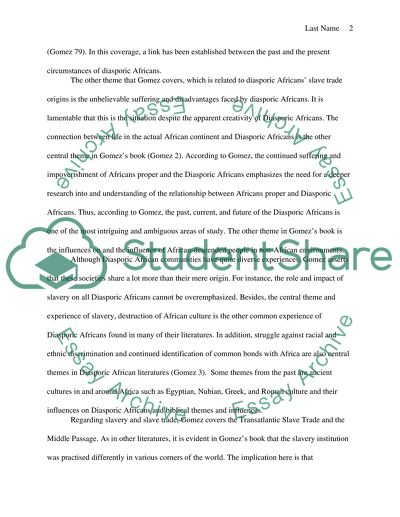Cite this document
(“Literature of the African Diaspora, Response Paper Essay”, n.d.)
Retrieved from https://studentshare.org/literature/1486803-literature-of-the-african-diaspora-response-paper
Retrieved from https://studentshare.org/literature/1486803-literature-of-the-african-diaspora-response-paper
(Literature of the African Diaspora, Response Paper Essay)
https://studentshare.org/literature/1486803-literature-of-the-african-diaspora-response-paper.
https://studentshare.org/literature/1486803-literature-of-the-african-diaspora-response-paper.
“Literature of the African Diaspora, Response Paper Essay”, n.d. https://studentshare.org/literature/1486803-literature-of-the-african-diaspora-response-paper.


